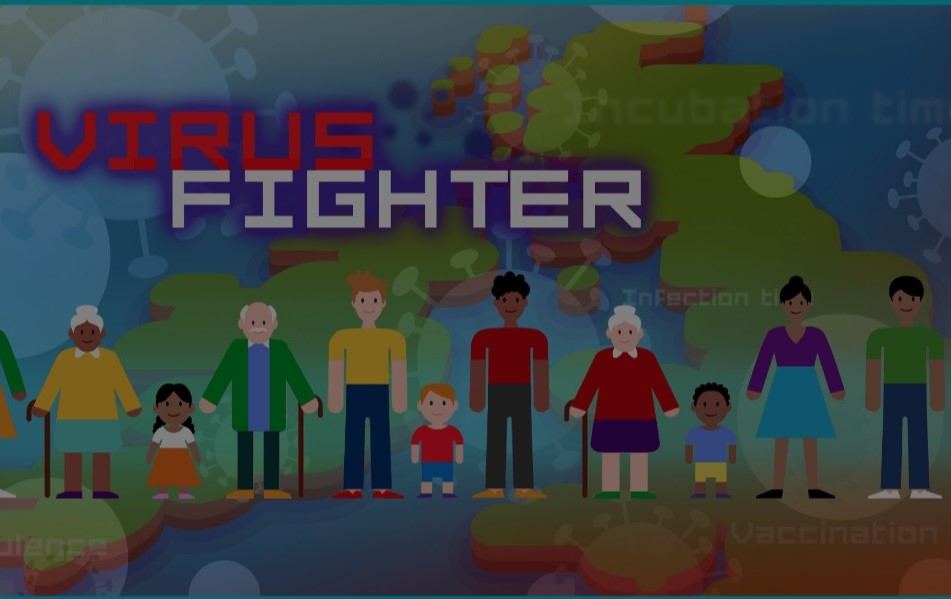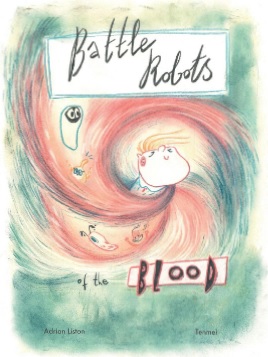In the news: Flanders Today
 Wednesday, August 7, 2013 at 8:35AM
Wednesday, August 7, 2013 at 8:35AM Q&A
Professor Adrian Liston
Professor Adrian Liston of life sciences research institute VIB headed the Belgian-Australian research team that discovered the genetics determining the strength of the immune system.

Which missing link in the immune system did you find?
We focused on the regulatory T cells, which determine how our immune system reacts to possible health threats. In short, these T cells are in charge of the activity of white blood cells – the cells that defend us against viruses. When there are not enough regulatory T cells, our immune system can be overactive and cause allergies or autoimmune diseases such as diabetes and arthritis. In the opposite case, an underactive immune system allows infections and tumours to grow. We have now identified the genetic programme that sets the number of regulatory T cells, which should help us to keep the immune system ideally balanced.
Until now, you have worked with genetically modified mice
Yes; the next step is to design and test drugs for humans. We are contacting academic research groups and pharmaceutical companies. Basic medicine can be developed in a time span of five years, but the clinical trials to perfect the working of the drugs can take another 10 years. In the near future, our findings will hopefully help, for example, to kill off the remaining cancer cells after chemotherapy. Later, we hope to develop the means to give an 80-year-old back an immune system that is as strong as that of a healthy teenager.
Was the Australian connection coincidental?
No, I have Australian roots and finished my PhD at the Australian National University in Canberra. During my research there, I collaborated with experts, including the Walter and Eliza Hall Institute in Melbourne. Four Australian scientists from this institute took part in this recent research project. The team in Flanders consisted of seven researchers at the Autoimmune Genetics Laboratory of VIB and the University of Leuven. Our project lasted four years and was funded by the Flemish Agency for Innovation through Science and Technology and the European Research Council. The results were published in the scientific journal Nature Immunology.
 Liston lab
Liston lab 




Reader Comments